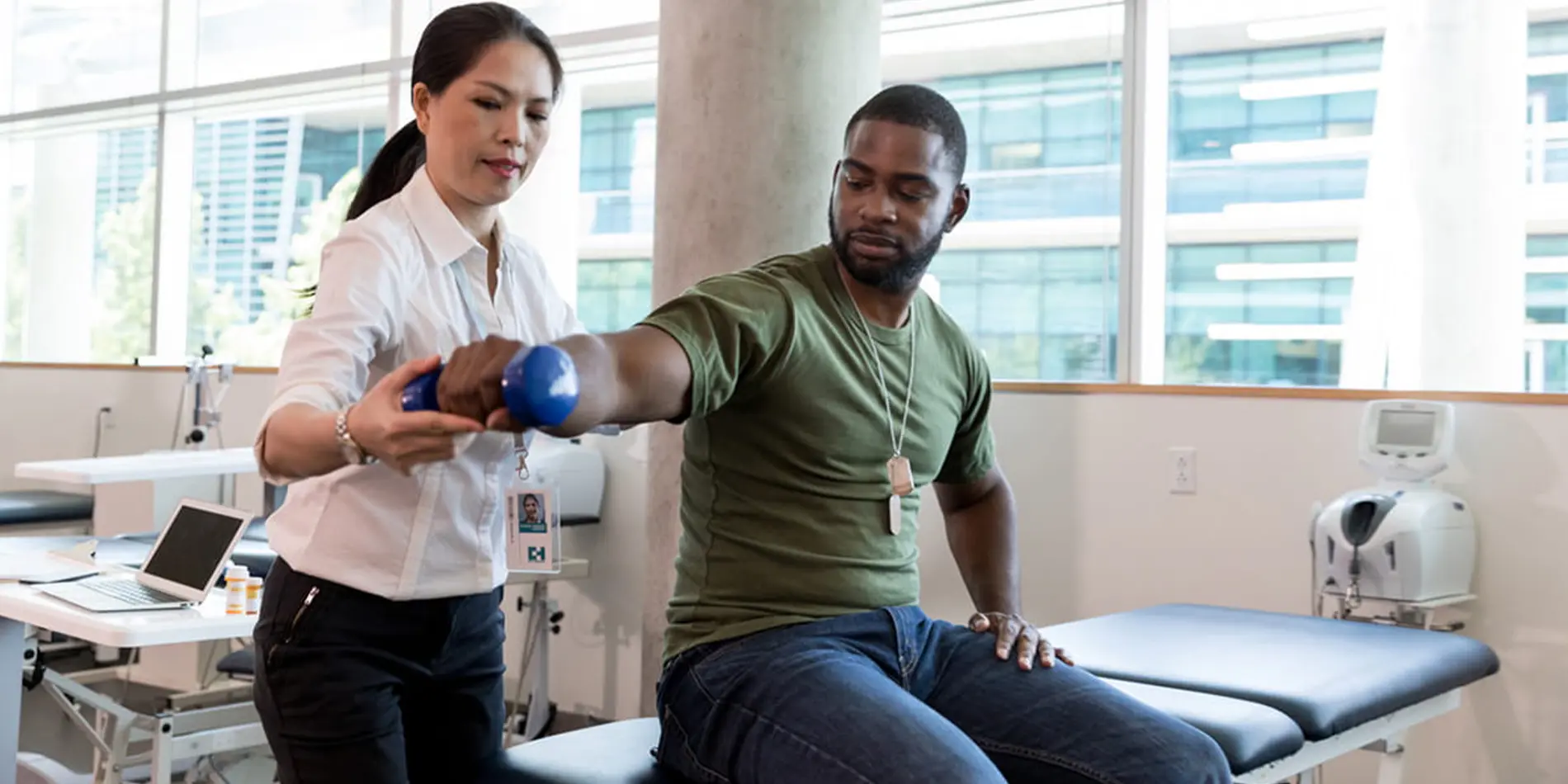Improving Rehabilitation Results Through Efficient Functional Movement Assessment Protocols
Operational Mobility Assessment (FMS) is a beneficial instrument used to evaluate an individual's movement patterns. This assessment helps determine any weaknesses or imbalances in the musculoskeletal system, which can result to injuries if not corrected. In recovery settings, FMS can serve a crucial role in improving recovery results. By comprehending how each person navigates, healthcare professionals can design focused rehabilitation programs that concentrate on improving power, mobility, and overall function.One of the main benefits of using FMS in recovery is its ability to pinpoint particular areas that need improvement. For example, if a patient struggles with squat movements or lunging, it may suggest a lack of mobility in their hip joints or ankles. This data allows therapists to create customized exercise programs that emphasize addressing these deficits. As a result, patients are more likely to regain their strength and ability, which is essential for returning to daily tasks or sports.

Implementing effective FMS procedures can also help prevent future harm. Many injuries happen due to inefficient mobility patterns or overuse of specific muscle navigate here clusters. By evaluating individuals before they begin a recovery plan, therapists can detect risks and implement approaches to reduce them. Educating patients about appropriate mobility patterns and strengthening underdeveloped aspects can lead to sustained benefits, promoting that they stay active and healthy.
Additionally, the movement therapy use of FMS can enhance communication between healthcare professionals and clients. When patients witness their mobility patterns assessed and explained, they gain a clearer understanding of their recovery process. This transparency fosters confidence and motivates patients to take an active role in their rehabilitation. By engaging patients in their rehabilitation process, they are more likely to adhere to recommended activities and lifestyle adjustments that support better outcomes.
In summary, improving recovery results through effective functional movement assessment procedures is crucial for both patients and healthcare providers. By accurately evaluating mobility patterns, therapists can create tailored recovery plans that address specific requirements. This not only aids in rehabilitation but also helps prevent future injuries. As patients become more engaged in their recovery process, they are likely to attain their goals and maintain a healthy, active way of living.